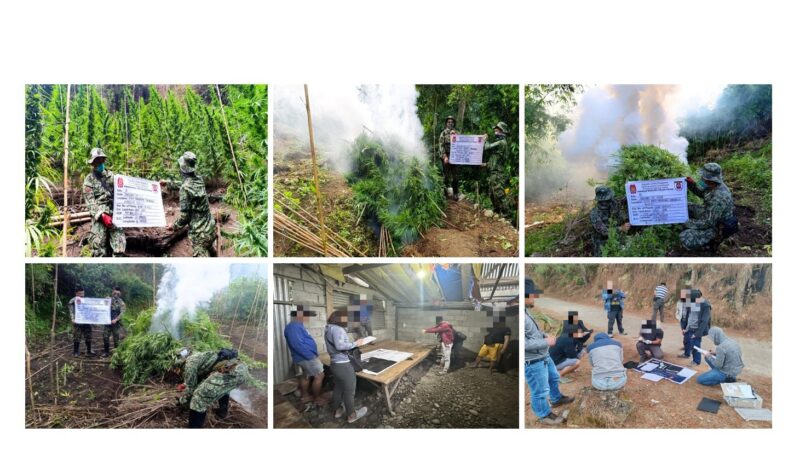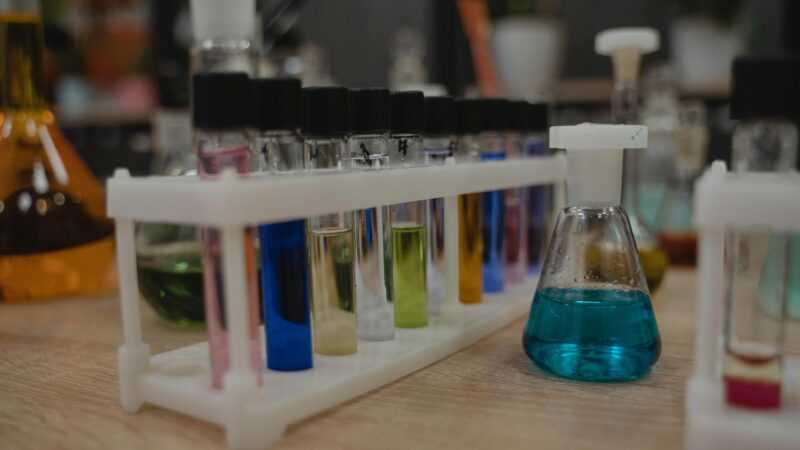EcoWaste Coalition Urges Local Authorities to Protect their Constituents and the Ecosystems from Toxic Mercury in Skin Lightening Products

3 September 2025, Quezon City. The EcoWaste Coalition appealed to city and municipal authorities to actively cooperate with the national government and other sectors in eliminating the unlawful trade of contraband mercury-added cosmetics for whitening the skin tone.
Over two months since they assumed their respective offices last June 30, the environmental and health watchdog group reminded local government officials that the illicit trade of skin lightening products with hidden mercury content could be happening right under their noses, threatening the health of their constituents and the ecosystems, too.
“Toxic products adulterated with mercury continue to proliferate offline and online despite the global ban under the Minamata Convention on Mercury,” said Aileen Lucero, National Coordinator, EcoWaste Coalition. “National government agencies (NGAs) and local government units (LGUs), together with other stakeholders, need to develop a concerted response to this preventable source of mercury exposure, which can be very damaging not only to direct users but also to members of their households, especially the children.”
Along with combined public information, compliance monitoring and law enforcement activities, the EcoWaste Coalition also pushed for advocacy campaigns to address and challenge socio-cultural norms and patterns that tend to perpetuate colorism, which is driving some individuals to use skin lightening products laden with mercury and other hazardous substances.
Random monitoring conducted by the group in Bulacan, Cavite, Laguna, Rizal and Metro Manila reveals the unrestrained sale of products already flagged by the Food and Drug Administration (FDA) for containing mercury and/or for being sold without the required market authorization.
FDA-flagged products are displayed in plain view and offered for sale at some beauty product stores in Bulakan, Pandi and Santa Maria, Bulacan; Trece Martires City, Cavite; Cabuyao City, Laguna; Antipolo City, Rizal; and in the Cities of Manila, Pasay, Taguig and Valenzuela, Metro Manila.
Despite the public health directives issued by the FDA advising consumers not to buy and use non-compliant products and for concerned establishments not to distribute them, dangerous cosmetics with mercury sourced from manufacturers and suppliers abroad can still be found on store shelves.
For example, smuggled products such as Goree Beauty Cream with Lycopene, Goree Day & Night Beauty Cream, Goree Gold 24K Beauty Cream, and 88 Total White Underarm Cream are sold with impunity in stores that sell cosmetics, herbal supplements, and sexual enhancement and energy products, which may also lack the necessary product notification or registration.
The persistent trade of these mercury-added cosmetics contravenes the provisions of RA 9711, or the FDA Act, which prohibits health products that are adulterated, unregistered, or misbranded, as well as RA 7394, or the Consumer Act of the Philippines, which bans the sale of adulterated cosmetics or those containing any poisonous or deleterious substances, the EcoWaste Coalition pointed out.
Mercury is classified by the World Health Organization (WHO) as one of the 10 chemicals or groups of chemicals of major public health concern and has long been recognized as hazardous to human health.
Mercury in skin lightening cosmetics, in particular, is released through usual product use with dermal absorption and inhalation as common exposure routes. It can cause skin discoloration, rashes, and scarring, and reduce the skin’s resistance to bacterial and fungal infections. Repeated applications can harm the kidneys, the brain, and the central nervous system.
The use of such products by pregnant women is of utmost concern as mercury is known to cross the placenta during pregnancy and accumulate in fetal tissues, affecting the developing brain and nervous system of the baby in the womb and causing neuro-developmental disorders.
“Mercury in soaps, creams, and other cosmetic products is eventually discharged into wastewater. The mercury then enters the environment, where it becomes methylated and can enter the food chain as highly methylmercury in fish,” according to the WHO.
Reference:
https://www.fda.gov.ph/wp-content/uploads/2022/05/FDA-Advisory-No.-2017-289.pdf
https://www.fda.gov.ph/wp-content/uploads/2021/06/FDA-Advisory-No.2021-1187.pdf
https://www.fda.gov.ph/wp-content/uploads/2023/12/FDA-Advisory-No.2023-2392.pdf
https://www.fda.gov.ph/wp-content/uploads/2022/05/FDA-Advisory-No.-2015-025.pdfhttps://www.who.int/publications/i/item/WHO-CED-PHE-EPE-19.13






